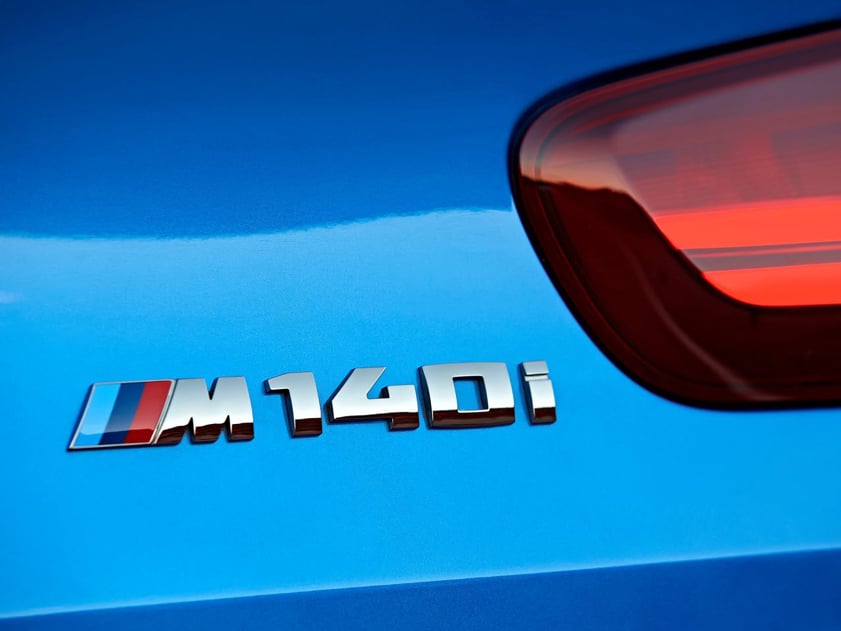
BMW’s decision to drop the ‘i’ suffix from its petrol models has sparked plenty of discussion. This small letter has stood for fuel injection since the 1970s, yet it now only appears on their electric vehicles.
In this blog, you’ll learn what the ‘i’ means in BMW, explore the full electric ‘i’ range, see why the badge has been removed from petrol cars, and consider what it all means for drivers.
If you’re looking to get behind the wheel of the latest electric BMW models, you can browse our BMW electric and hybrid leasing deals for competitive offers.
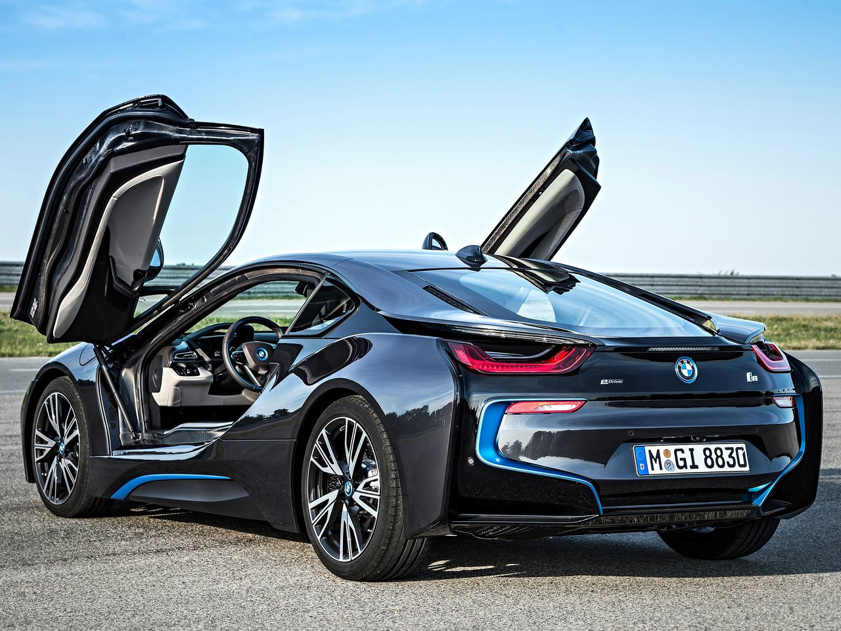
BMW has long used the “i” badge as a showcase for innovation. From the quirky i3 to the sleek i8 sports car, these models combined futuristic styling with advanced powertrains. However, both were either fully electric (i3) or hybrid/petrol-powered (i8).
With growing global pressure to cut emissions and a clear market shift towards electric vehicles (EVs), BMW has made the decisive move: from now on, the “i” badge means electric only. The i4, iX, i5, and i7 are already spearheading this strategy, delivering premium driving experiences with zero tailpipe emissions.
“We’re seeing manufacturers simplify their badging to make it clear which models are electric. BMW’s decision to reserve the ‘i’ for its EVs removes confusion and highlights its commitment to zero‑emissions driving.”

BMW’s electric ‘i’ range now spans saloons, estates and SUVs. Here is a snapshot of the current line‑up and what each model offers. Prices and specifications are subject to change, but this overview provides an accurate representation of what you can expect as of 2025.
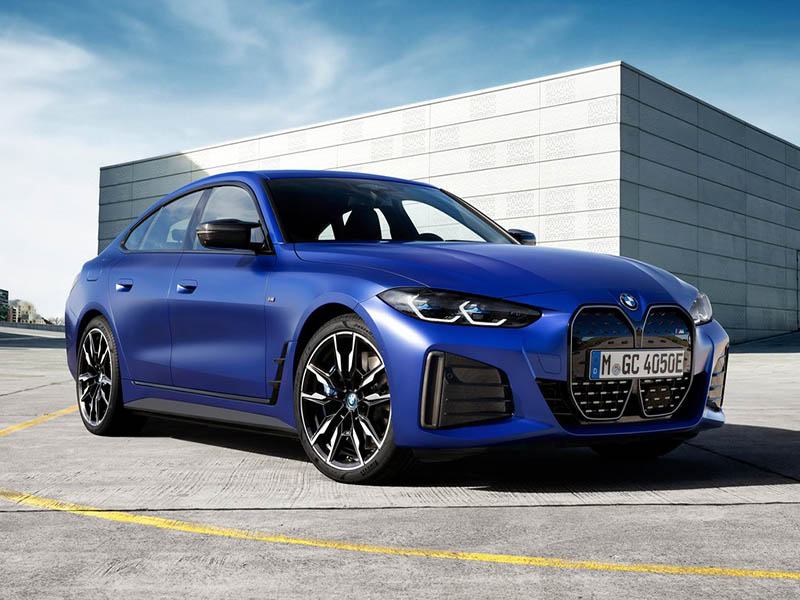
1. BMW i4
- Type - Four-door coupe
- Range - Up to 381 miles
- Key features - Flat battery under floor, spacious cabin, sharp handling, eDrive40 is rear‑drive, M50 and M60 gain a second motor and more power.

2. BMW i5 Saloon
- Type - Large saloon
- Range - Up to 340 miles
- Key features - 83.9 kWh battery: eDrive40 uses one motor, M60 xDrive adds a second motor and cuts the 0–60 mph time.
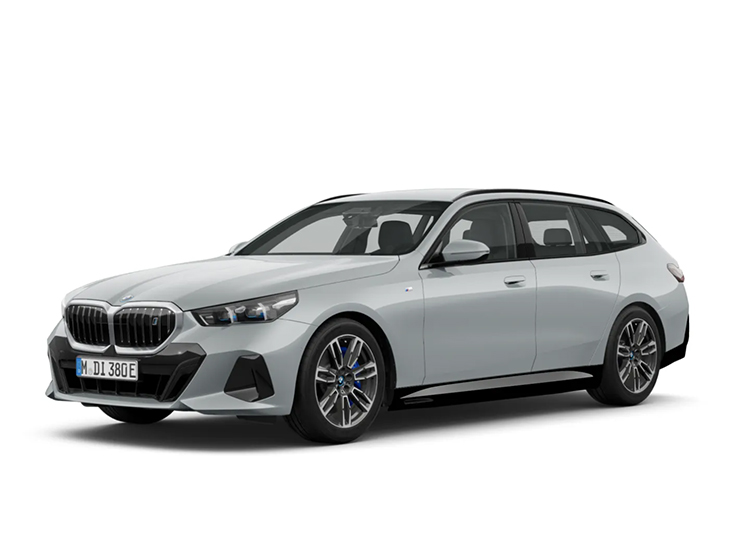
3. BMW i5 Touring
- Type - Estate
- Range - Up to 340 miles
- Key features - Estate practicality: eDrive40 Touring reaches 60 mph in about 6 seconds, M60 xDrive does it in under 4 seconds.
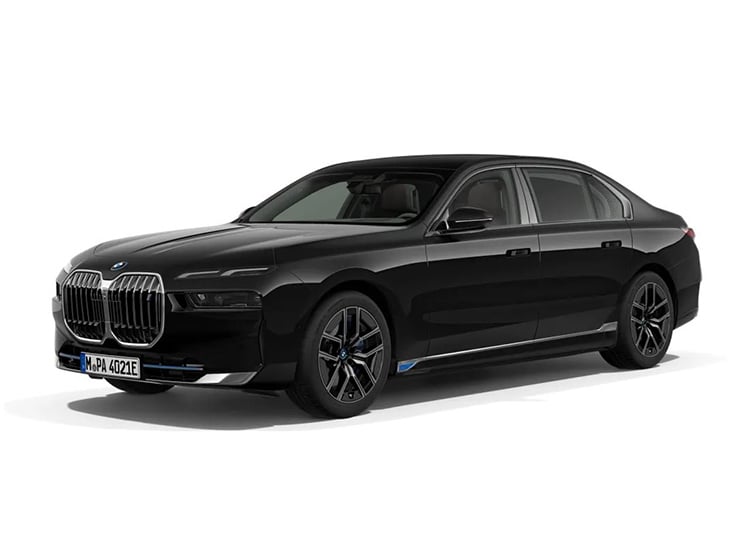
4. BMW i7
- Type - Luxury saloon
- Range - Up to 314 miles
- Key features - Flagship electric saloon: eDrive50 has one motor, xDrive60 and M70 add a second for all‑wheel drive, 0–60 mph in as little as 3.5 seconds.

5. BMW iX1
- Type - Compact SUV
- Range - Up to 249 miles
- Key features - Replaces the i3: Power up to 313 PS, gains 70–84 miles in 10 min on a fast charger.
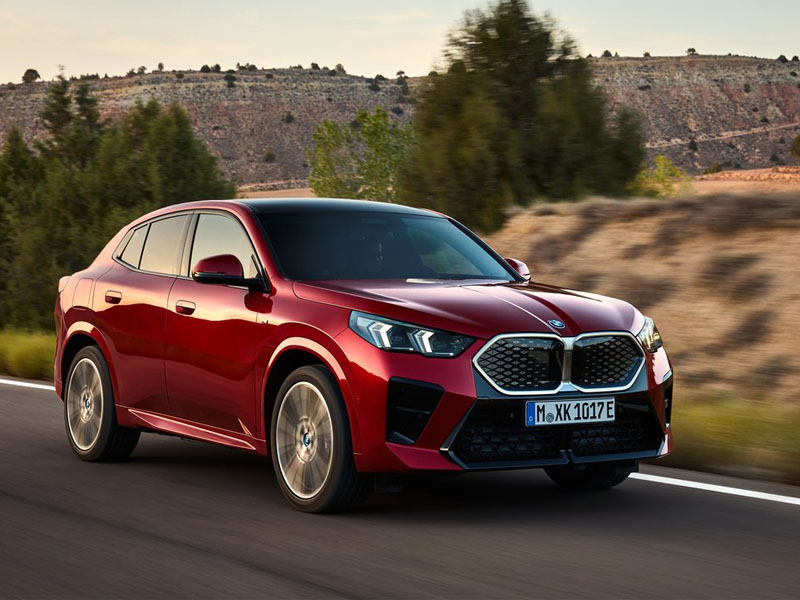
6. BMW iX2
- Type - Coupe-style SUV
- Range - Up to 279 miles
- Key features - Shares its platform with the iX1: Sloping roof, 525‑litre boot, 0–60 mph in around 5.6 seconds.
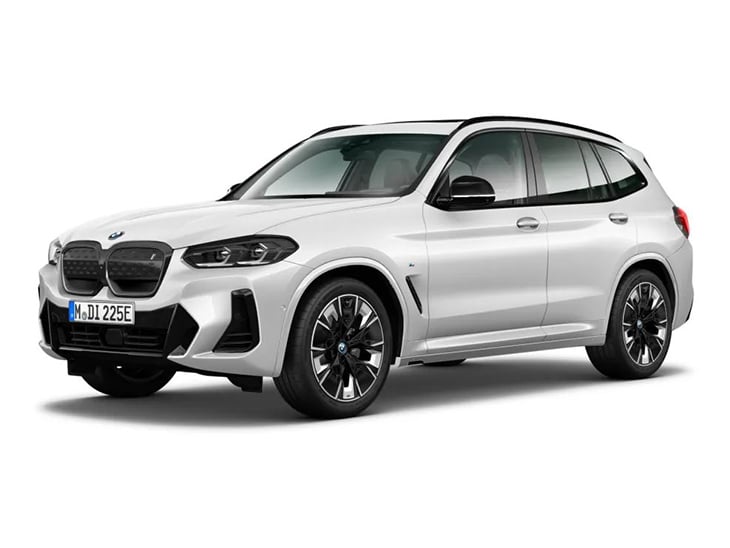
7. BMW iX3
- Type - Mid-size SUV
- Range - Up to 380 miles
- Key features - Rear‑drive only: 80 kWh battery, 286 PS, more affordable but a firmer ride.
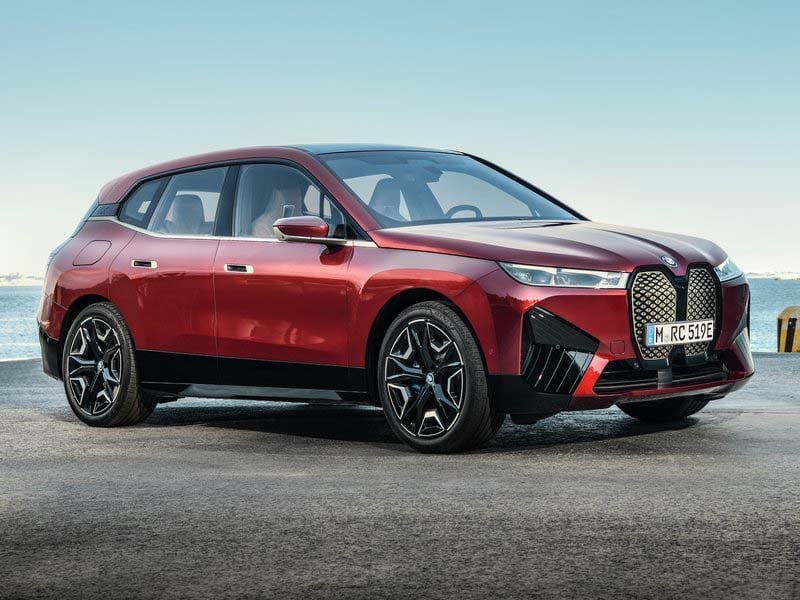
8. BMW iX
- Type - Flagship SUV
- Range - Up to 380 miles
- Key features - Large SUV: xDrive40 offers 326 PS and about 274 miles of range, xDrive50 extends range, M60 delivers 619 PS and rapid acceleration.
The i‑range demonstrates BMW’s commitment to offering electric models across multiple segments. From the compact iX1 to the luxurious i7, there’s something to suit different lifestyles. You can explore current offers on our BMW lease deals or browse the full range via our electric leasing pages.
Petrol-powered “i” cars had their moment in the spotlight, but the future is firmly electric. Here’s why BMW has taken this step:
- Legislation - The UK and EU are phasing out new petrol and diesel car sales by 2035.
- Technology - Electric motors now deliver the performance and refinement BMW drivers expect.
- Customer demand - More people are switching to EVs every year, attracted by lower running costs and sustainability benefits.
This change isn’t just about BMW keeping up, it’s about them leading the charge.
Looking to lease an EV?
Our Electric Leasing hub has everything you need, such as our latest EV leasing deals and loads of supporting information.
For long‑standing BMW fans, the removal of the ‘i’ suffix from petrol cars may feel like the end of an era. But in reality, BMW now offers more variety than ever, with electric alternatives covering everything from executive saloons to family SUVs.
Whether you're after style, space, or sophistication, there's an electric BMW for you.
For petrol models, the absence of a suffix may actually simplify things. Future petrol cars will likely carry names like “520” or “330” without the trailing ‘i’.
For those considering a new BMW, this shift serves as a reminder that electric vehicles are becoming increasingly mainstream. Charging infrastructure is growing and range anxiety is receding.
If you're new to EVs, our practical Electric Leasing Guides will help you understand everything from charging at home to electric car tax benefits.
BMW’s shift mirrors the wider automotive industry. Manufacturers across the board are moving away from petrol and diesel to meet climate goals and satisfy customer demand. While some brands are still juggling hybrid and combustion engines, BMW’s decision to keep the “i” badge purely electric shows real commitment.
It also helps make things clearer for drivers: if you see the “i” badge on a BMW, you know you’re looking at an EV.
BMW’s decision to end the petrol-powered i era is a bold step into the future, one that reflects the way the whole industry is heading. For drivers, it means greater access to cutting-edge electric technology without compromising on style, comfort, or driving pleasure.
If you’re ready to make the switch, there’s never been a better time to explore your options.
Whether you’re thinking of leasing your first BMW EV, exploring what electric cars could mean for your lifestyle, or just curious about the costs, we’ve got resources to guide you:
Originally posted: 13th September 2024
Last updated: 29th August 2025

